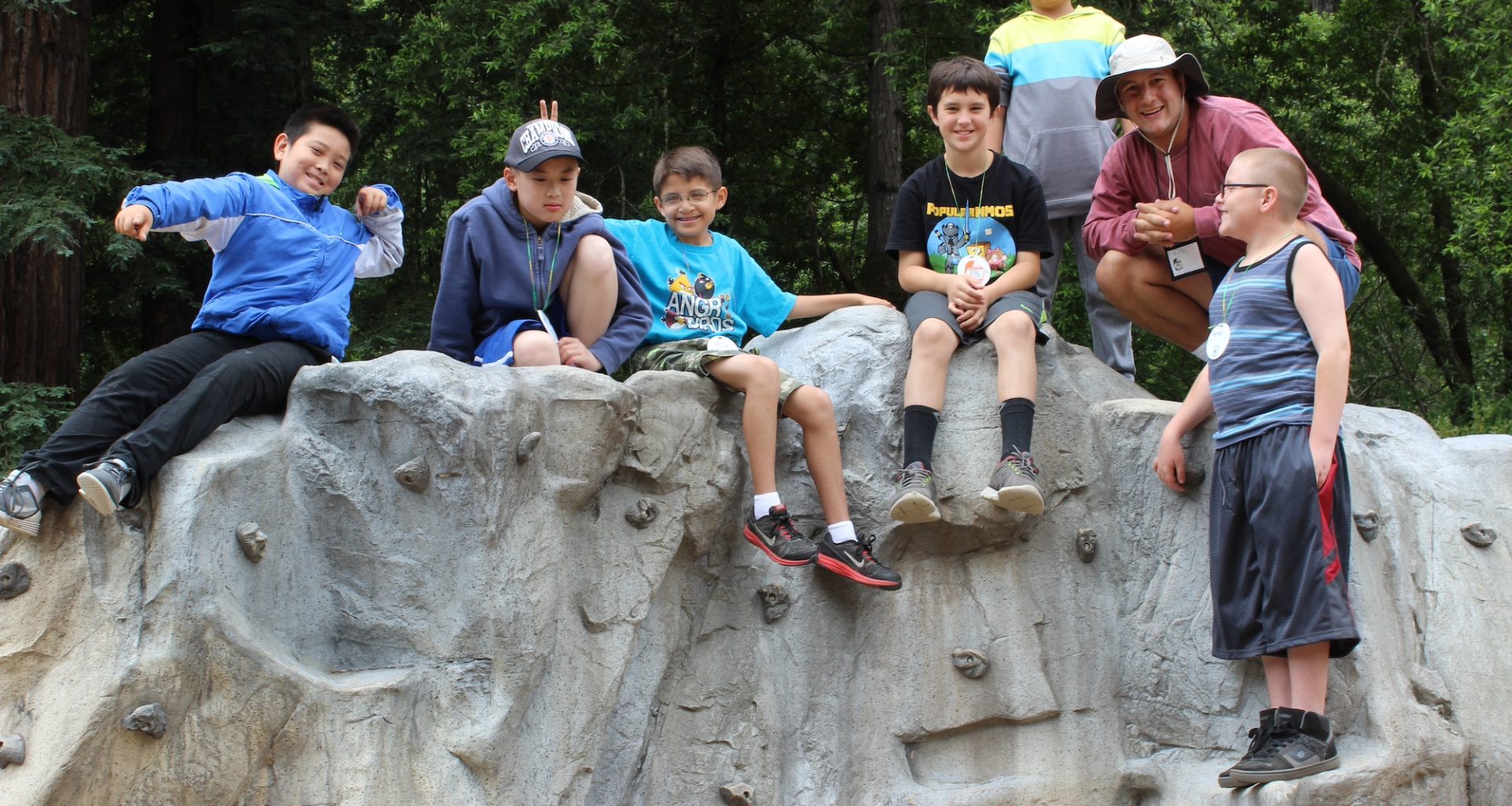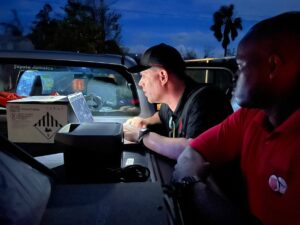Camp Redwood Glen is adjusting programming to encourage positive change at home.
Ed Covert has witnessed transformation. Every year, Covert, Executive Director of The Salvation Army Redwood Glen Camp and Conference Center in Scotts Valley, California, sees kids become kinder to peers and more open with adults. Now, applying research and survey results, he aims to make those changes stick once kids return home from camp.
“I have become a huge believer that neuroscience tells us that in a week’s time, if we do our job right, we can reroute the neural pathways for a kid to help them begin to move in more positive directions,” he said.
Covert reached that conclusion after his own studying, including Dr. Daniel Siegel’s “The Whole-Brain Child” and its follow up, “The Yes Brain.”
“We need to ensure that when kids reintegrate back to their permanent community that there are adults and experiences that will reinforce those positive neural pathways,” he said.
To do this, he’s involving parents. About two months after camp, Redwood Glen sends parents a detailed survey to discover how their kids are doing.
“Sixty-two percent of parents who responded reported that since their kids got home—and this is eight weeks after camp—they were much kinder to their siblings, much more helpful,” Covert said. “The kids have come home much more engaged with life.”
Currently, Redwood Glen is building on positive survey results to adjust programming, aiming for kids to retain some camp practices and keep those rewired neurons active.
“We’re trying to encourage family faith practices by giving kids those experiences at camp in a temporary community,” Covert said.
Redwood Glen’s faith practices—saying grace, prayer time, Bible reading and devotions—are activities perhaps unfamiliar to some campers.
One way they’re encouraged at camp? Through mealtime.
“Before we even serve the meal, the kids will have the opportunity to talk a little bit about what they’re thankful for today…then each cabin leader will lead the grace at their table with their kids,” Covert said. “This initiates the idea of a family faith practice.”
Staff is also adjusting the winding down routine before bed. Each cabin has a wipe-off board, where the kids will write an “I am” statement.
“We want them to say: I’m grateful for a new friend, or I’m sad because I saw two kids arguing,” Covert said. “Then they get to talk as a group…It’s to get them thinking, ‘Gosh, that was great. Before we went to bed, we got to talk about the day and how I’m feeling today.’”
Covert hopes they will take that experience home, reinforcing a survey result that kids were less moody and more open after attending camp.
To encourage parents, Covert is sending them a devotional book with questions to help them connect with their kids.
The study did reveal an area of opportunity—bullying, something Redwood Glen has been working on. Covert referred to a word cloud the survey generated from words parents mentioned most often—the larger the word, the more often it was used. He noted that “bullied” was one of the bigger words.
Assistant Camp Director Mitch McWilliams said the survey helped staff realize free time felt similar to school recess.
“Campers felt unsafe,” McWilliams said of the unstructured time. “So we changed how supervision was handled and helped staff understand the importance of playing with campers over simply watching them.”
Covert believes bullying represents—for both the bully and the bullied—an unmet need.
“Our job at camp is to not just deal with the symptom, but to begin to meet it and help kids recognize that there are adults who are committed to meeting their needs and helping them move forward in a positive way,” he said.
Ultimately, Redwood Glen aims to reinforce good choices, instill hope and create a community of kindness.
“We want to continue to create space where kids can talk about what’s happening in their life, giving them an opportunity to see where faith in Jesus intersects their everyday lived experience and can bring hope into those situations,” Covert said. “We want to continue to instill hope that is certain in the lives of the kids.”
Do Good:
- Subscribe to the Do Gooders Podcast and tune in for good ideas. Hear conversations with those doing good and those with good ideas so you can turn inspiration into action and make an impact right where you are.












